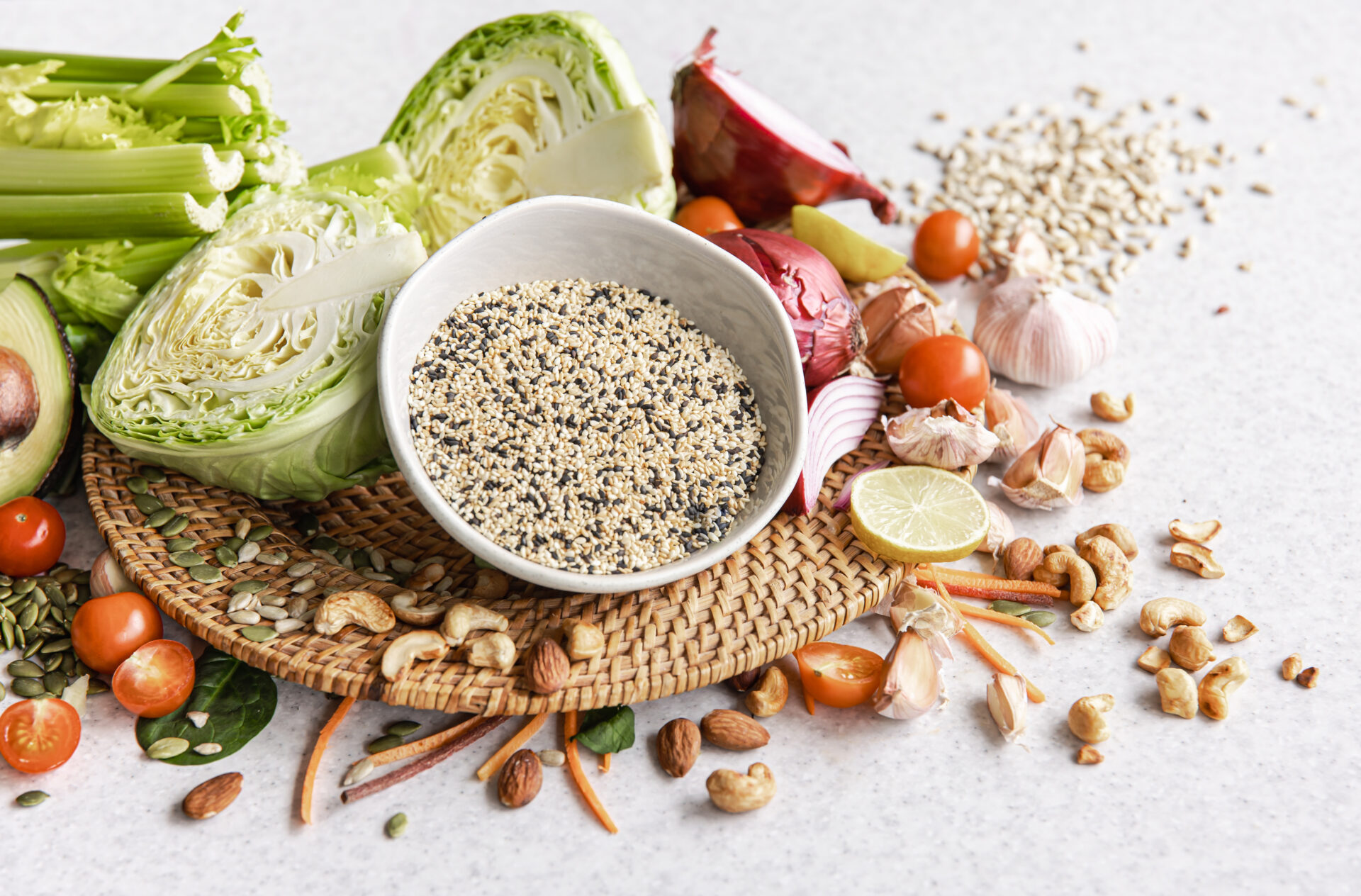Read DISCLAIMER
When it comes to better digestion, fiber is that miracle worker everybody speaks of and for good reason. It’s like the unsung hero of your diet working quietly behind the scenes to keep your gut happy and functioning smoothly. Imagine your digestive system as a complex machine needing the right kind of maintenance to run efficiently. This crucial element serves as a vital lubricant and cleanser, with everything working according to plan but making sure that the gut stays healthy and robust. So what’s special about fiber? And how might one more adequately introduce a daily intake for maximal benefits? Let’s delve deeper into these facts.
Fiber is a carbohydrate that your body can’t break down, and that in itself makes it sound like a contrary substance. But indeed, it turns out to be its greatest strength. Because it is not broken down into sugar like all other carbs, the material travels through your digestive tract largely intact, sweeping out toxic compounds, waste, and morsels of food. There are two main types of fiber – soluble and insoluble – and both play different roles in the promotion of digestion. Soluble fiber dissolves in water to become a gel-like substance that helps to regulate blood sugar levels and lower cholesterol. On the other hand, insoluble fiber adds bulk to your stool, making it easier to pass, thus preventing constipation. Together, they form a mighty duo that keeps your digestive system balanced.
Eating a diet rich in fiber has countless benefits beyond just avoiding uncomfortable bloating or irregularity. It helps maintain a healthy weight because high-fiber foods are more filling, so you’re less likely to overeat. Additionally, fiber feeds the beneficial bacteria in your gut, known as the microbiome, which plays a critical role in everything from immune function to mental health. A healthy microbiome is one that helps reduce inflammation, improves nutrient absorption, and can even affect your mood. It’s also an important ally in helping to prevent major diseases such as colon cancer, type 2 diabetes, and heart disease.
So where do you get this magic stuff? The best sources of fiber are whole, plant-based foods. Think fruits, vegetables, whole grains, nuts, seeds, and legumes. Foods such as apples, bananas, carrots, broccoli, oats, and chia seeds are all natural fiber superstars that can simply be added into your meals. For example, begin your day with a bowl of oatmeal topped with berries and a sprinkling of flaxseeds, or have raw veggies dipped in hummus. Another very simple way is to add lentils or beans to soups, stews, and salads. Do not forget to include whole grains like quinoa, brown rice, and barley, which will be significantly richer in fiber content than refined grains.
While increasing fiber, increase the intake gradually. Pair this increase with adequate hydration. Fiber will absorb water when it is transiting your system, so avoid discomfort or bloating. Try to get in at least 25-30 grams per day, the amount most adults should consume. If that sounds like a lot, don’t worry: small changes add up quickly. Swapping white bread for whole grains, fresh fruit for juice, or adding a handful of nuts to your yogurt can make a huge difference without overhauling the rest of your diet.
Also, not all fiber is created equal. Processed foods having a label “high in fiber” contain added fibers that do not provide exactly the same benefits as naturally occurring ones found in whole foods. Fresh and minimally processed options have to be stuck to in order to get the most out of fiber intake. And if you’re dealing with specific digestive issues like irritable bowel syndrome (IBS), consult a healthcare provider to determine which types of fiber are best suited to your needs, as some high-fiber foods can trigger symptoms for certain individuals.
Incorporating more fiber into your diet is one of the simplest and most effective ways to support your digestive health. It’s not just to prevent constipation or feel a little less bloated; it’s about providing a solid ground for overall well-being. While nourishing the gut, it also enhances the ability of the body to fight diseases and regulate mood along with maintaining its energy levels. So, when you are thinking of preparing another meal, then think about incorporating a little bit of extra fiber into it. Your digestive system will thank you, and you’ll likely notice the positive effects in no time.

Can you be more specific about the content of your article? After reading it, I still have some doubts. Hope you can help me.
I don’t think the title of your article matches the content lol. Just kidding, mainly because I had some doubts after reading the article. https://accounts.binance.info/es-MX/register?ref=GJY4VW8W
Your article helped me a lot, is there any more related content? Thanks! https://accounts.binance.com/kz/register-person?ref=K8NFKJBQ
I don’t think the title of your article matches the content lol. Just kidding, mainly because I had some doubts after reading the article.